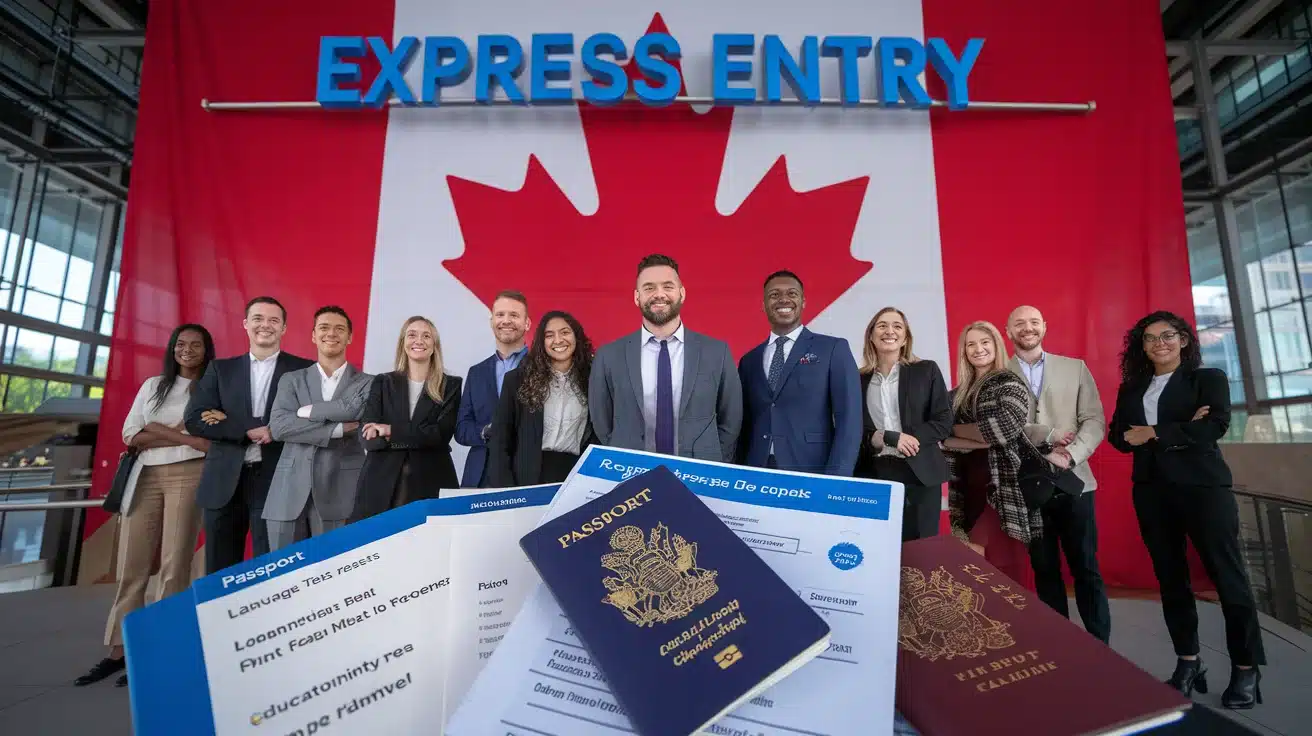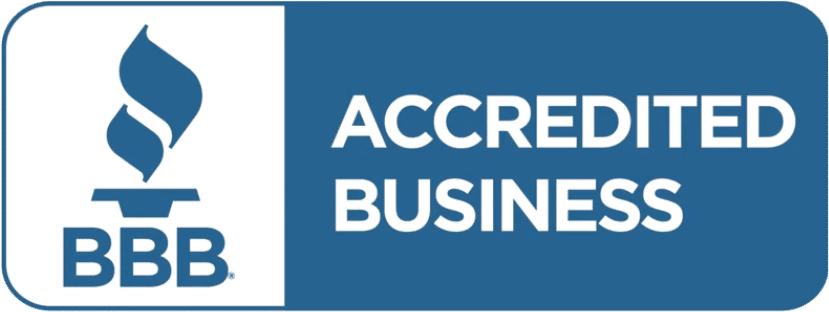Mobility Solutions – Permanent Residency – Family Sponsorship - Spouse or Partner
Spouse or Partner Sponsorship
Canada’s sponsorship programs are designed to bring families together, prioritizing love, commitment, and unity. We specialize in bringing loved ones together through Canada’s family sponsorship programs. With a deep understanding of immigration policies and an unwavering commitment to our clients, we simplify the sponsorship process, helping you navigate every step with ease. Whether you’re sponsoring your legally married spouse, common-law partner, or conjugal partner, our expert team ensures your journey is seamless and stress free.
Love knows no borders – let’s make it happen.

Trusted by Clients from 30+ Countries
We provide trusted and effective mobility solutions, assisting clients from around the world in successfully starting their new life in Canada.
Why Can X
Trusted by Clients from 30+ Countries: Our proven track record speaks volumes. We have successfully assisted clients worldwide in reuniting with their loved ones in Canada.
Personalized Support: Each case is unique, and we provide tailored immigration solutions designed to meet your specific needs.
Expert Guidance: Our team of experienced immigration consultants ensures your application is accurate, complete, and adheres to Canadian immigration requirements.
Efficiency & Transparency: We prioritize timely submissions and keep you informed at every stage of the process.
Spousal Sponsorship
Canada’s spousal sponsorship program is built on the values of love, inclusion, and unity. It allows Canadian citizens and permanent residents to sponsor their legally married spouses for permanent residency.
Eligibility: Whether in a same-sex or opposite-sex marriage, the union must be legally recognized in the country where it occurred and in Canada.
Example: Sarah, a Canadian citizen, married Chloe in France, where same-sex marriage is legal. With their French marriage certificate and meeting all sponsorship requirements, Sarah successfully sponsored Chloe to join her in Canada.
Your love deserves a home. Let’s make it happen.
Common Law Partnership Sponsorship
For couples who have lived together for at least one continuous year, common-law partner sponsorship celebrates genuine, committed relationships.
Eligibility: Continuous cohabitation for 12 months, with brief separations for work or family emergencies permitted.
Example: Emma, a Canadian permanent resident, lived with Alex in Vancouver for over a year, sharing responsibilities and life milestones. Meeting cohabitation and sponsorship criteria, Emma successfully sponsored Alex.
Love knows no borders. Reunite with your partner in Canada.
Conjugal Partner Sponsorship
When legal or immigration barriers prevent cohabitation, conjugal partner sponsorship offers a solution for couples in genuine, committed relationships.
Eligibility: Demonstrate extraordinary barriers like immigration restrictions, legal obstacles, or bans on same-sex relationships.
Example: John, a Canadian resident, and Sofia, living in a country with strict exit laws, proved their five-year relationship through evidence like shared finances, communication logs, and travel records.
Love conquers all. Let us help you overcome the obstacles.
Out Land Sponsorship
Outland sponsorship is ideal for applicants residing outside Canada or those needing travel flexibility. Applications are processed through the visa office in the applicant’s home country or a country of legal residence for at least one year.
Key Benefits
✓ Flexibility to travel during processing (subject to re-entry approval).
✓ Temporary Resident Visa (TRV) option after receiving a file number.
Distance shouldn’t keep you apart. Let’s bring your family together.
In Land Sponsorship?
For applicants already in Canada, inland sponsorship allows spouses or common-law partners to apply for permanent residency while remaining together.
Key Benefits
✓ Open to applicants with temporary status (workers, students, visitors) or no status.
✓ Option to apply for an Open Work Permit (OWP) while waiting.
Stay close, stay together. Start your journey today.
Policy for Applicants without Legal Status in Canada
Under subsection 25(1) of the Immigration and Refugee Protection Act (IRPA), a public policy allows spouses and common-law partners of Canadian citizens and permanent residents living in Canada without legal status to apply for permanent residency. This policy prioritizes family reunification and ensures faster processing for those already cohabiting in Canada, reflecting Canada’s commitment to keeping families together and supporting genuine relationships.
Program Requirements
Sponsor Requirements
Age and Status: Sponsors must be at least 18 years old and hold either Canadian citizenship or permanent residency. While Canadian citizens living abroad can sponsor a relative, they must prove their intent to return to Canada once the sponsored individual becomes a permanent resident. Permanent residents, on the other hand, must be physically living in Canada to be eligible to sponsor. These requirements ensure sponsors are committed to supporting their family members in settling and integrating into Canada, reinforcing the country’s values of family reunification and social stability.
Financial Ability: Sponsors must demonstrate financial capability to support themselves, their spouse or partner, and any dependent children. Generally, there is no minimum necessary income (MNI) requirement for sponsoring a spouse, partner, or dependent child. However, if the spouse or partner being sponsored has dependent children, or if the dependent child being sponsored has their own dependents, the sponsor must meet the MNI, calculated based on Statistics Canada’s Low-Income Cut-Off (LICO). Income from maternity, parental, or sickness benefits under Employment Insurance (EI) is considered, while regular EI and federal training allowances do not count but do not disqualify sponsorship.
Other Requirements: Sponsors must not be imprisoned, bankrupt, under a removal order (if a permanent resident), or charged with a serious offence. Additionally, sponsors cannot have been sponsored as a spouse within the last five years.
Sponsored Person (Applicant) Requirements
Must be at least 18 years old and demonstrate that their relationship with the sponsor is genuine, established in good faith, and not primarily intended to gain permanent resident status in Canada.
Who Can You Sponsor?
You can sponsor your spouse, common-law partner, or conjugal partner, provided they meet the eligibility requirements. Dependent children can also be sponsored if they are under 22 years old, unmarried, and without a common-law partner, or if they are over 22 and have been financially dependent on their parents due to a mental or physical condition since before the age of 22.
Who Cannot You Sponsor?
You are ineligible to sponsor if you:
- Have unpaid immigration loans, family support payments, or failed to provide for a previously sponsored relative’s basic need.
- Are in default of a previous sponsorship agreement.
- Are under a removal order, incarcerated, or in prison.
- Receive social assistance, except for disability benefits.
- Are still going through bankruptcy proceedings (undischarged bankruptcy).
- Became a permanent resident through sponsorship less than five years ago.
- Sponsored a spouse or partner, and three years have not passed since they became a permanent resident.
- Already have a pending sponsorship application for the same person.
- Were convicted of violent, sexual, or harmful offences against a relative or attempted such acts.
Key Points
Same-Sex Marriage Recognition: Canada recognizes same-sex marriages. Same-sex partners can apply for sponsorship if all eligibility requirements are met.
Low-Income Cut-Off (LICO): There is generally no LICO requirement for sponsoring a spouse, partner, or dependent child. However, if the sponsored spouse, partner, or dependent has their own dependents, you must meet the LICO set annually by the Canadian Government.
Quebec Rules: Quebec has its own sponsorship process. After IRCC receives your application, you will receive instructions to apply to the Quebec government for sponsorship approval.
Your Journey Starts Here
At Can X, we understand the emotional and logistical challenges of reuniting families. With trusted expertise in visa services, spousal sponsorship, and immigration assistance, we’re committed to making your dream a reality.
Reuniting families in Canada isn’t just our work – it’s our passion. Let’s bring your family together.
FAQs About Spouse & Common Law Sponsorship
The processing time depends on factors like the applicant’s country of origin, application completeness, and IRCC’s application volume. Check the latest processing times on the IRCC website for accurate updates.
Yes, you can appeal to the Immigration Appeal Division (IAD) within 30 days of the refusal. Ensure you review the grounds for appeal and deadlines carefully.
Provide evidence like communication logs, photos together, joint financial records, shared assets, and affidavits from family and friends attesting to the authenticity of your relationship.
Inform IRCC immediately about changes such as a new address, birth of a child, or marital status. These updates can impact your application’s processing and eligibility.
Marriage fraud can result in application refusal, criminal charges, deportation for the sponsored person, and a ban on future sponsorships for the sponsor.
A common-law partnership requires at least one year of continuous cohabitation. A conjugal partnership applies to couples in a committed relationship for at least one year who cannot live together due to legal or immigration barriers.
The sponsor remains financially responsible for the sponsored person throughout the undertaking period, even if the person leaves Canada.
If your spouse or partner is in Canada on a valid work permit, they can continue working. If they hold a visitor or study visa, they may apply for an Open Work Permit (OWP) to work during processing.
There is no minimum income requirement for spousal sponsorship unless the sponsored person or dependent has their own dependent children. In such cases, the sponsor must meet the Low-Income Cut-Off (LICO) set by the government.
Yes, you can begin the sponsorship application if the adoption is in its final stages.
No, IRCC does not recognize marriages where one or both parties were not physically present unless the marriage occurred before June 10, 2015, or one party is a Canadian Armed Forces member meeting specific criteria.
If the relationship ends during the undertaking period, the sponsor remains financially responsible for the sponsored person until the undertaking period is complete.
Applications are often refused due to insufficient proof of a genuine relationship, medical or criminal inadmissibility of the sponsored person, or failure to meet financial requirements.
If your sponsored spouse or partner receives social assistance (excluding disability benefits) during the undertaking period, you may need to repay the amount. You will also lose eligibility to sponsor others until repayment is made.
A sponsored spouse or partner cannot sponsor a new spouse or partner within five years of becoming a permanent resident, even if they gain Canadian citizenship during this period.
All family members, including dependents, must be declared in the sponsorship application. Failing to declare them may result in ineligibility to sponsor them later.
Yes, unpaid alimony, child support, or previous bankruptcies can affect the sponsor’s eligibility. Social assistance (except for disability) also impacts eligibility.
Generally, you can only sponsor a spouse, common-law partner, dependent children, parents, and grandparents. Non-immediate family members can only be sponsored in specific, exceptional situations.
A spouse or partner outside Canada cannot apply for an Open Work Permit. They may apply for a regular work permit if they meet eligibility requirements.
No job or specific income is required to sponsor a spouse. However, you must sign an undertaking agreeing to financially support them for three years after they become a permanent resident.
A marriage of convenience is entered into solely for immigration purposes. If IRCC determines this, the application will be refused, and both parties may face serious consequences, including criminal charges.
Applications may be considered complex if they involve outdated contact information, missing documents, changes in marital or dependent status, expired medical exams, or ongoing background checks. These factors can delay processing.
Got more questions? We’re here with the answers!
Got more questions? Unsure about the process or what’s next? We’re here to guide, support, and simplify every step of your journey.
Your journey begins with one conversation - let’s start now!





